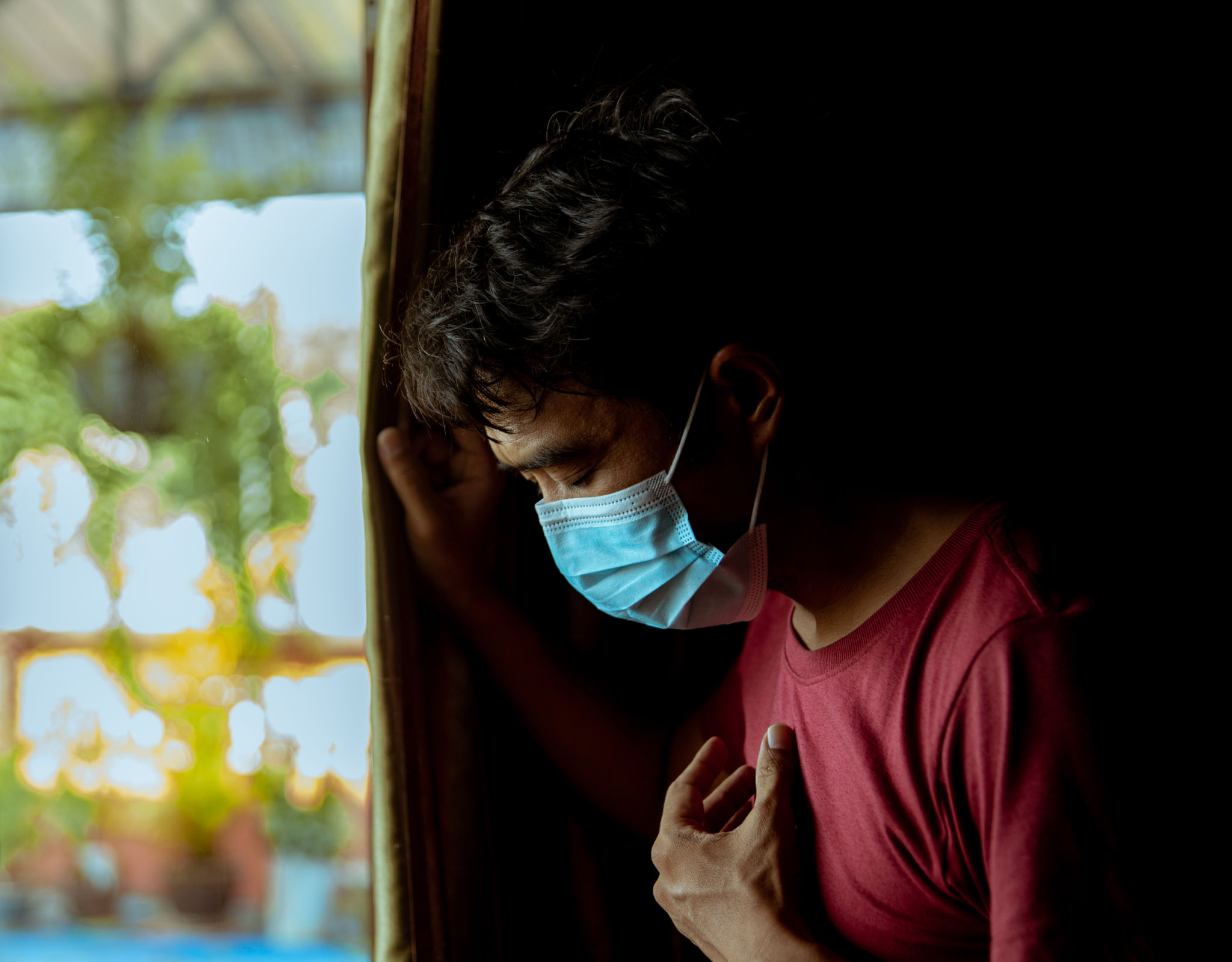Comprehensive Guide to Long Covid Treatment: What You Need to Know
Understanding Long Covid
Long Covid, also known as post-acute sequelae of SARS-CoV-2 infection (PASC), is a condition where individuals continue to experience symptoms weeks or months after the acute phase of a COVID-19 infection. This phenomenon has puzzled both patients and healthcare providers, as symptoms can vary greatly and affect multiple organ systems.

Common symptoms include fatigue, brain fog, shortness of breath, and joint pain. However, the range of symptoms is extensive and can also include heart palpitations, sleep disturbances, and changes in taste or smell. Recognizing these symptoms early is crucial for effective management and treatment.
Diagnosis and Initial Steps
Diagnosing Long Covid can be challenging due to the variability in symptoms. Healthcare providers typically begin with a comprehensive assessment of medical history and current symptoms. This may be followed by lab tests or imaging studies to rule out other conditions that might mimic Long Covid.
Once diagnosed, the first step is often symptom management. This involves addressing specific issues like pain or insomnia through medication or therapeutic interventions. Lifestyle changes such as diet modification, exercise, and stress management can also play a significant role in managing symptoms.

Multidisciplinary Approach to Treatment
A multidisciplinary approach is often recommended for treating Long Covid. This can involve a team of specialists including pulmonologists, neurologists, cardiologists, and physical therapists. The goal is to provide a comprehensive treatment plan that addresses the wide array of possible symptoms.
- Pulmonology: For breathing difficulties and lung-related issues.
- Neurology: To address cognitive impairments and neurological symptoms.
- Cardiology: For heart-related symptoms such as palpitations.
- Physical Therapy: To help regain strength and mobility.
Role of Rehabilitation and Physical Therapy
Rehabilitation plays a critical role in the recovery process from Long Covid. Physical therapy can help patients regain muscle strength, improve endurance, and enhance overall physical function. Therapists design personalized programs that gradually increase physical activity levels without exacerbating symptoms.

Occupational therapy can also assist in helping individuals return to their daily activities by providing strategies to manage fatigue and cognitive difficulties. These therapies are essential in supporting patients' journey back to normalcy.
Complementary and Alternative Treatments
Many patients explore complementary and alternative treatments alongside conventional medicine. Practices such as acupuncture, meditation, and yoga have shown promise in alleviating some Long Covid symptoms by promoting relaxation and reducing stress.
It’s important for patients to consult their healthcare providers before starting any alternative treatments to ensure they are safe and won't interfere with existing treatment plans.

The Importance of Mental Health Support
Mental health support is a crucial aspect of Long Covid treatment. The chronic nature of the condition can lead to anxiety, depression, and social isolation. Access to counseling or therapy can provide much-needed emotional support and coping strategies for affected individuals.
Support groups, whether in-person or online, offer a community where individuals can share experiences and advice, fostering a sense of understanding and solidarity among those affected by Long Covid.
Research and Future Directions
The medical community continues to research Long Covid to better understand its causes and develop effective treatments. Ongoing studies aim to uncover the underlying mechanisms of the condition and potential interventions that could offer relief to patients.
As research progresses, it is hoped that new insights will lead to more targeted therapies, improving outcomes for those suffering from this debilitating condition. Staying informed about the latest developments is essential for both patients and healthcare providers.